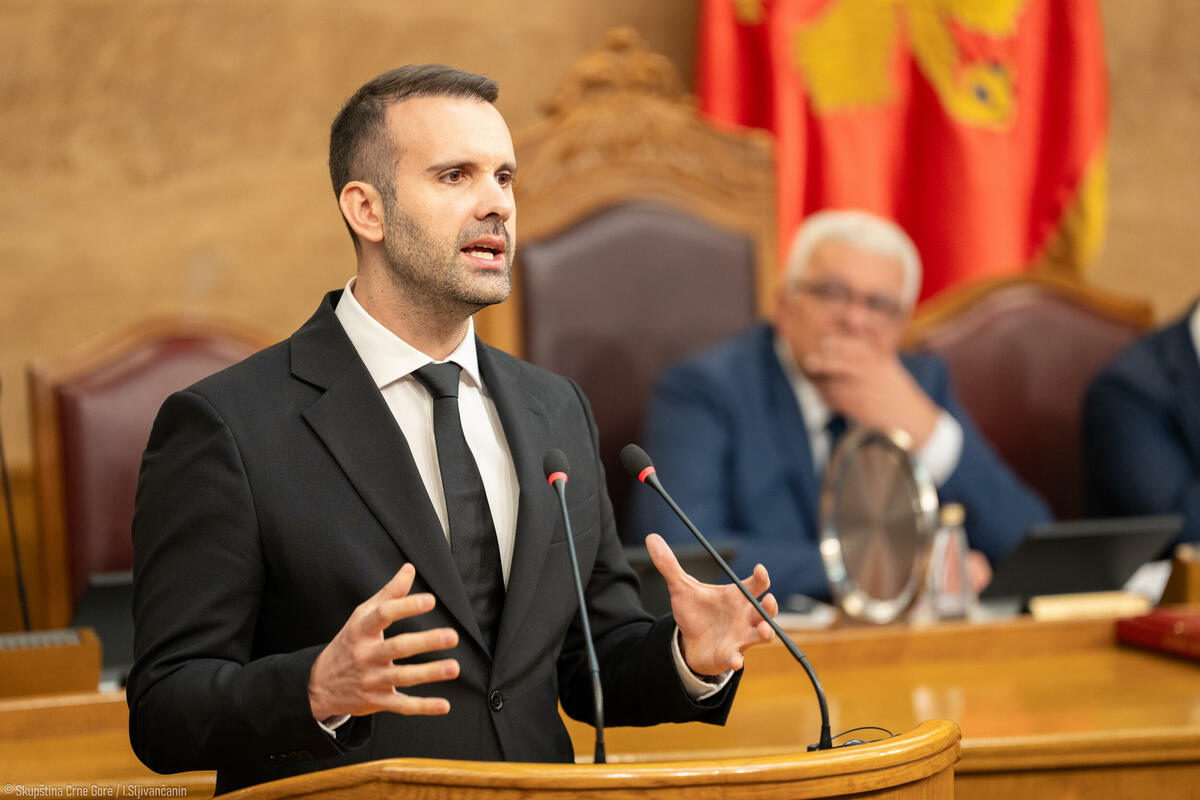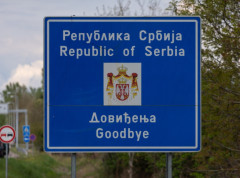The main topic of the article is the holding of the Prime Minister’s hour in the Parliament of Montenegro, which is a subject of political disagreements. Andrija Mandić’s proposal to hold the Prime Minister’s hour in the last week of every month was rejected, and the opposition criticizes the ruling majority for irregular holding of the Prime Minister’s hour, which they see as undermining the control over the executive branch. The government, on the other hand, states that the priority is to accelerate the adoption of the European agenda and they welcome the return of statesmanlike duties. The opposition points out that Prime Minister Milojko Spajić often avoids coming to parliament, and the parliamentary majority does not punish such behavior, leading to a reduction in government oversight and undermining democratic principles.
Political Perspectives:
Left: The left-leaning perspective emphasizes the opposition’s criticism of the ruling majority for undermining parliamentary oversight by irregularly holding the Prime Minister’s hour. It highlights concerns about the erosion of democratic principles and the weakening of checks and balances on the executive branch.
Center: The centrist perspective presents a balanced view, acknowledging the opposition’s concerns about the irregularity of the Prime Minister’s hour while also noting the government’s focus on prioritizing the European agenda and efficient legislative work. It stresses the need for cooperation between the parliament and the government.
Right: The right-leaning perspective tends to support the government’s stance, emphasizing the importance of focusing on the European agenda and state duties over political maneuvering. It may downplay the opposition’s criticisms as political games and stress the government’s efforts to improve governance and legislative efficiency.















